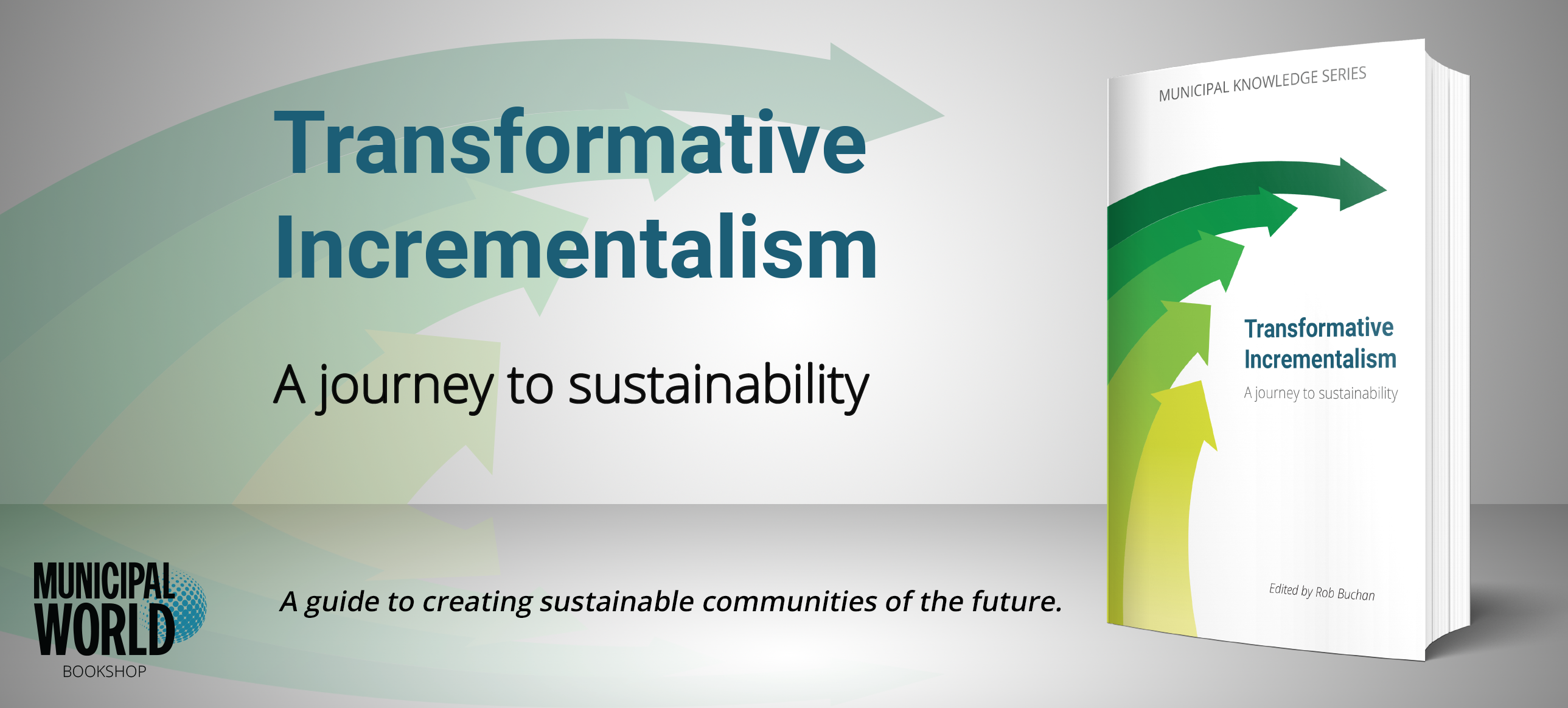Smart(er) cities focus on open data and community engagement

From coast to coast to coast, Canadian mid-sized cities are developing open data and smart city strategies. The challenges for such cities are uniquely their own, as will be their strategies; but, as Luke Simcoe, Communications Lead for Code for Canada, recently noted, “Smart cities need smart people. Smart city initiatives are about finding those people and empowering them.”
Simcoe moderated a panel discussion at the 2018 Mid-Sized Cities Researcher + Practitioner Roundtable, organized by Evergreen and held in London, Ontario. The panel assessed this movement toward “smart cities,” addressing issues around data ownership, evaluating new opportunities, and community collaboration.
Panelists acknowledged that one of the most important aspects of meeting today’s challenges is knowing how to frame the local perspective in a way that benefits the community most. One option is releasing open data – specifically, safe open data. “It’s largely about making sure people are comfortable and finding the right champions at the right level to ensure that progress continues,” noted Andrea McKinney, Chief Digital Officer for the City of Hamilton. “We are going to need to start to exchange information, because the barriers that exist between these government institutions, and the layers intra- and inter-governmentally, are inhibiting the system in a way that can’t continue.”
Aside from its important role in solving community problems, open data can also help piece patterns in the community together, providing data-driven insights into smart city plans. Moreover, open data can point to behaviours that require minimal tweaks or can signal a real shift in culture. “Having data – good data – that is curated well to be reused is important,” explained Kejo Buchanan of the Open Data Institute. “In terms of putting it into a strategy, it can not only give you research in terms of where you have been, but it might also help you track where you are going.”
When it comes to creating smart(er) cities, whether you choose to incorporate open data in your smart city strategy or not, all panellists agreed that communication is key. Whatever approach is adopted, it must include a method of communication that ensures all voices at the table are being heard – and understood. It needs to include constant feedback from residents. As Jennifer Smith, Manager Strategic Corporate & Community Initiatives for the City of Guelph, said, “Engagement is such a big challenge … It’s really about trying to get to people in the space that they are already having those conversations, as well as using marketing and data science to marry that – it’s not just about what people think, it’s about their behaviour.”
As suggested by the panel, smart(er) cities will need to find new ways of not only encouraging community participation, but ensuring that community voices are heard, whether it’s through analyzing open data or paying closer attention to direct communication channels and engagement initiatives. MW


